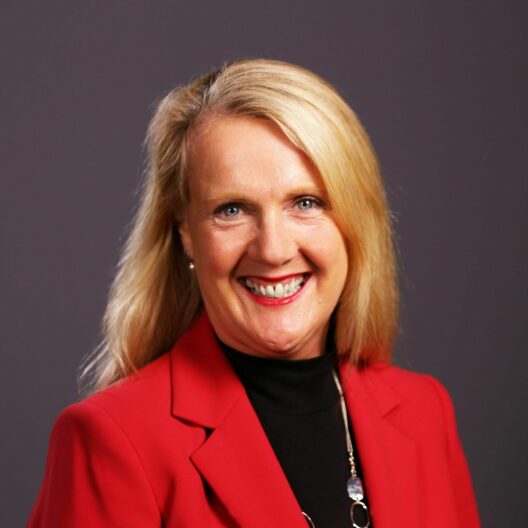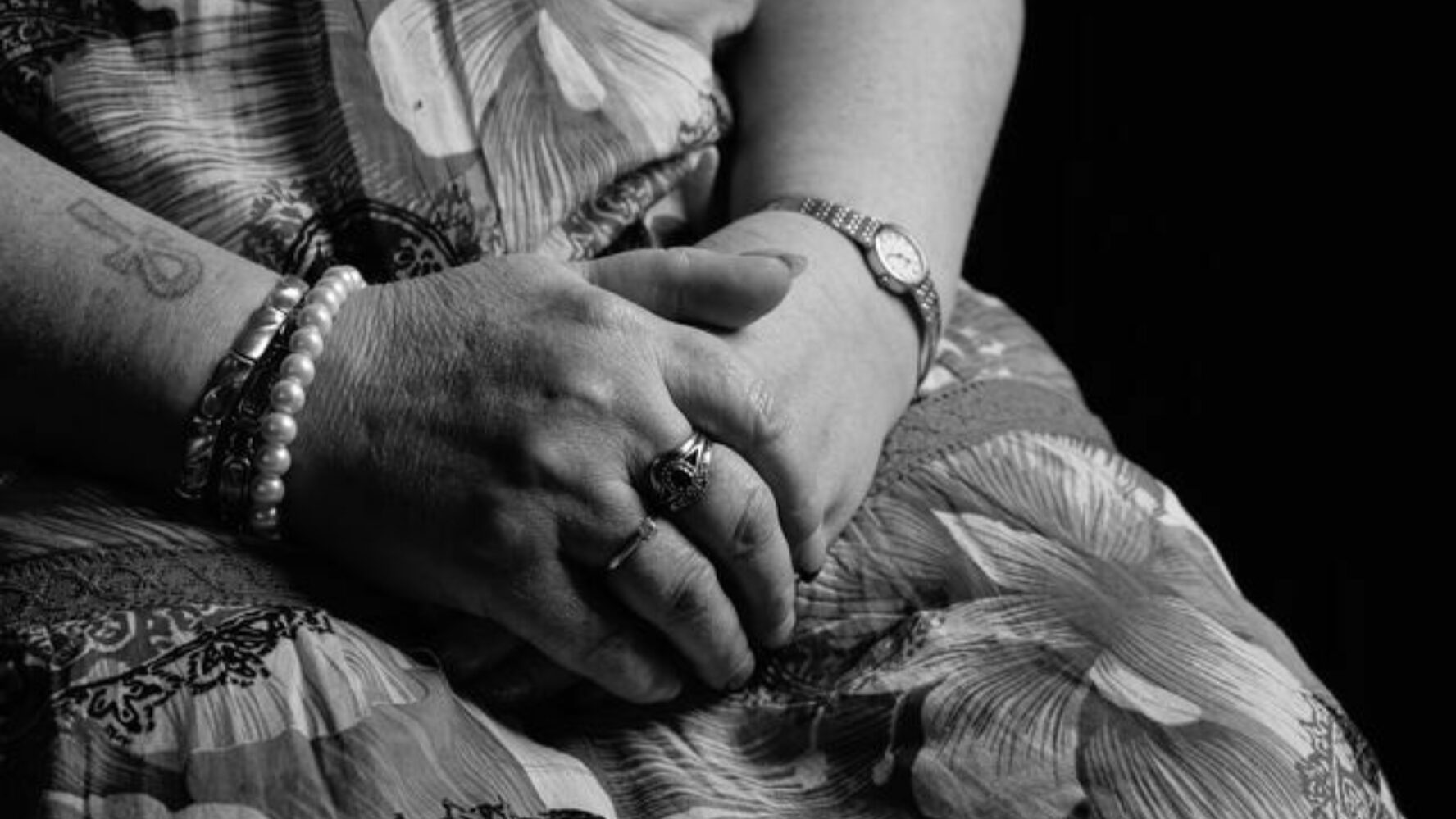
During Mental Health Awareness Week (15–21 May), Christians Against Poverty reveals new figures that show the impact of debt and the cost of living crisis on people’s mental wellbeing.
New figures from CAP show the mental and physical cost that debt is inflicting on the charity’s clients, with 81% saying that struggling with debt has affected their mental well being.
Among new clients coming to the charity, 39% faced depression and 36% suffered from anxiety — a key focus for Mental Health Awareness Week this year. Mental ill-health was also the biggest cause of debt in 2022, with 22% of the charity’s clients saying that mental health issues had caused their debt crisis.

“Each day, our frontline teams see how the stress of dealing with mounting debt is attacking people’s mental health.”
Lyn Weston, Director of Church Engagement and Network
CAP’s Director of Church Engagement and Network, Lyn Weston, oversees CAP’s frontline network of debt centres. She said:
“Millions of people in this country are trapped by the cost of living crisis. Every day our local debt centres see how this toxic mix of mental ill-health and debt is taking people to breaking point. Unable to fight their way out, it is tearing families apart, affecting adults and children.
“Half of parents (53%) who responded to us, said that their family’s debt crisis had affected their children’s emotional wellbeing, mental health and performance at school. At CAP we know that the fight against poverty is also a fight to ensure it isn’t passed on to the next generation.
“During Mental Health Awareness Week, we want the Government and policy makers to face up to the connection between debt and mental ill-health and their terrible impact on families. At a time of increasing need, we want to see more funding for free, professional debt help services which play a crucial part in breaking the link between money worries and mental ill health, interrupting the cascade of consequences when things get out of control.”
CAP client and dad of two Anthony explains how debt and mental health has impacted him:
“I am autistic and have ADHD. Our expenditure is more than our income but through no fault of our own. It’s literally a situation where my gas has gone up, it’s £200 and I only have £150 and I still need to do a food shop. I had a couple of shock bills, rates went up and I found myself deep in debt.
“Autism in itself breeds anxiety and stress so then having creditors knocking at your door and phoning you 24/7 asking for money that you don’t have, it makes you feel very alone. My mental health took a turn for the worse.
“Sometimes you just want to stay in bed but you can’t because you’ve got your kids, you’ve got to get up and get on with the day. Times at night have been spent not sleeping but crying, I didn’t see a way out.
“I picked up the phone to call CAP and that’s when everything changed. The weight on my shoulders is now being shared.”
What we are asking from policymakers
During Mental Health Awareness Week, CAP is asking the UK Government to commit to more funding for free debt help, and for all the major parties to make tackling poverty a key priority in their manifestos. Alongside these, CAP is calling for a review of social security so that benefits and minimum wages would be set in line with the Minimum Income Standard.
During Mental Health Awareness Week, anyone can join the fight against debt and poverty
CAP provides debt, money and training support services in over 870 local churches across the UK. CAP is encouraging anyone who wants to find out more about its work to take a look around our website, and follow us on social media — Twitter, Facebook, Instagram, LinkedIn.
Donations to help CAP’s work can be made via capuk.org/donate
Notes to editors:
The statistics are drawn from CAP’s Annual report and accounts and analysis of data from CAP’s Debt Help case management system for 4,105 client households who came to CAP for help in 2022 and 2,431 who had a Financial Statement activated for the first time in 2022.
Data has also been gathered from 682 responses to CAP’s annual Debt Help client survey, conducted online and by post between November and December 2022.



